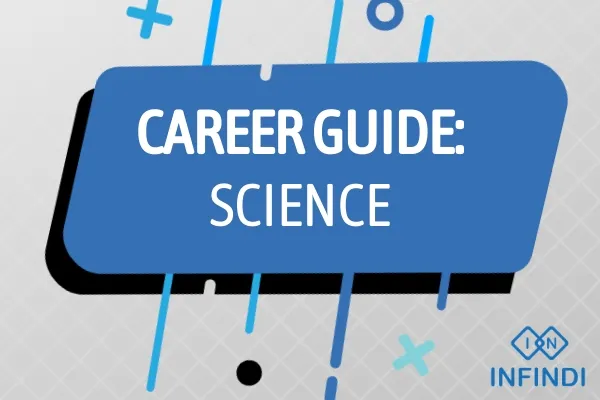For those with a passion for discovery, a curiosity about the natural world, and a dedication to advancing knowledge, careers in science offer a dynamic and intellectually stimulating path. Whether you’re an experienced scientist or someone exploring entry-level opportunities, understanding the intricacies of jobs in science is essential. This article aims to provide a comprehensive guide to science careers, addressing duties, salary expectations, job descriptions, skills, qualifications, education and training requirements, experience prerequisites, frequently asked questions, and daily tasks.
1. Duties and Responsibilities
Scientists play a crucial role in advancing our understanding of the world through research, experimentation, and analysis. Common duties and responsibilities include:
- Research: Conducting experiments and investigations to answer scientific questions.
- Data Analysis: Analyzing and interpreting data to draw meaningful conclusions.
- Publication: Sharing research findings through scientific publications and presentations.
- Collaboration: Collaborating with other scientists and research teams.
- Grant Writing: Securing funding for research projects through grant applications.
2. Salary Expectations
The salary for jobs in science varies based on factors such as field of study, experience, and the type of employer (academic institution, government agency, or private sector). Entry-level positions may start at around $50,000 annually, while experienced scientists in leadership or specialized roles can earn well over $100,000. Academic positions often come with additional benefits such as research funding and sabbatical opportunities.
3. Possible Job Descriptions
Science roles encompass various positions, each contributing to different areas of scientific inquiry and application:
- Research Scientist: Conducting original research in a specific field.
- Laboratory Manager: Overseeing the operations of a research laboratory.
- Data Scientist: Analyzing large datasets to extract meaningful insights.
- Biotechnologist: Applying biological techniques to solve problems in various industries.
- Environmental Scientist: Studying the impact of human activity on the environment.
4. Skills and Qualifications
Successful scientists possess a combination of analytical skills, critical thinking, and a commitment to rigorous methodology. Key skills include:
- Research Skills: Designing and executing experiments.
- Analytical Thinking: Interpreting complex data sets and drawing conclusions.
- Communication: Presenting findings in a clear and accessible manner.
- Collaboration: Working effectively in interdisciplinary teams.
- Problem-Solving: Addressing challenges and adapting research approaches.
5. Education and Training Requirements
Educational requirements for science jobs are typically high, with most positions requiring at least a master’s degree or, more commonly, a Ph.D. in a relevant field. Postdoctoral research experience is common for those pursuing academic or advanced research roles.
6. Experience Requirements
Entry into science jobs often involves gaining practical experience through internships, research assistant positions, or postdoctoral fellowships. Advancement to leadership or specialized roles may require a track record of successful research and publications.
7. Frequently Asked Questions
Q: How does technology impact science jobs?
A: Technology has transformed science with tools such as advanced instrumentation, computational modeling, and high-throughput data analysis, enabling more sophisticated research approaches.
Q: Can scientists specialize in specific fields?
A: Yes, scientists often specialize in fields such as physics, chemistry, biology, environmental science, or astronomy, based on their interests and expertise.
Q: What role does interdisciplinary collaboration play in science careers?
A: Interdisciplinary collaboration is increasingly important in science careers to address complex problems that require insights from multiple fields.
8. Daily Tasks and To-Do Lists
The daily tasks of a scientist can vary based on their specific field of study, research focus, and stage of their career, but a typical to-do list may include:
- Conducting experiments or data analysis.
- Writing research papers and grant proposals.
- Collaborating with colleagues on research projects.
- Attending conferences and presenting research findings.
- Mentoring and supervising graduate students or research assistants.
In conclusion, a career in science offers a dynamic and intellectually stimulating journey for individuals dedicated to advancing knowledge and making significant contributions to their fields. Whether you’re entering the realm of science or aiming for advancement, understanding the duties, qualifications, and daily tasks associated with science jobs will set you on the path to success. Explore opportunities, contribute to the boundaries of human understanding, and embark on a fulfilling career in the ever-evolving world of scientific inquiry.

